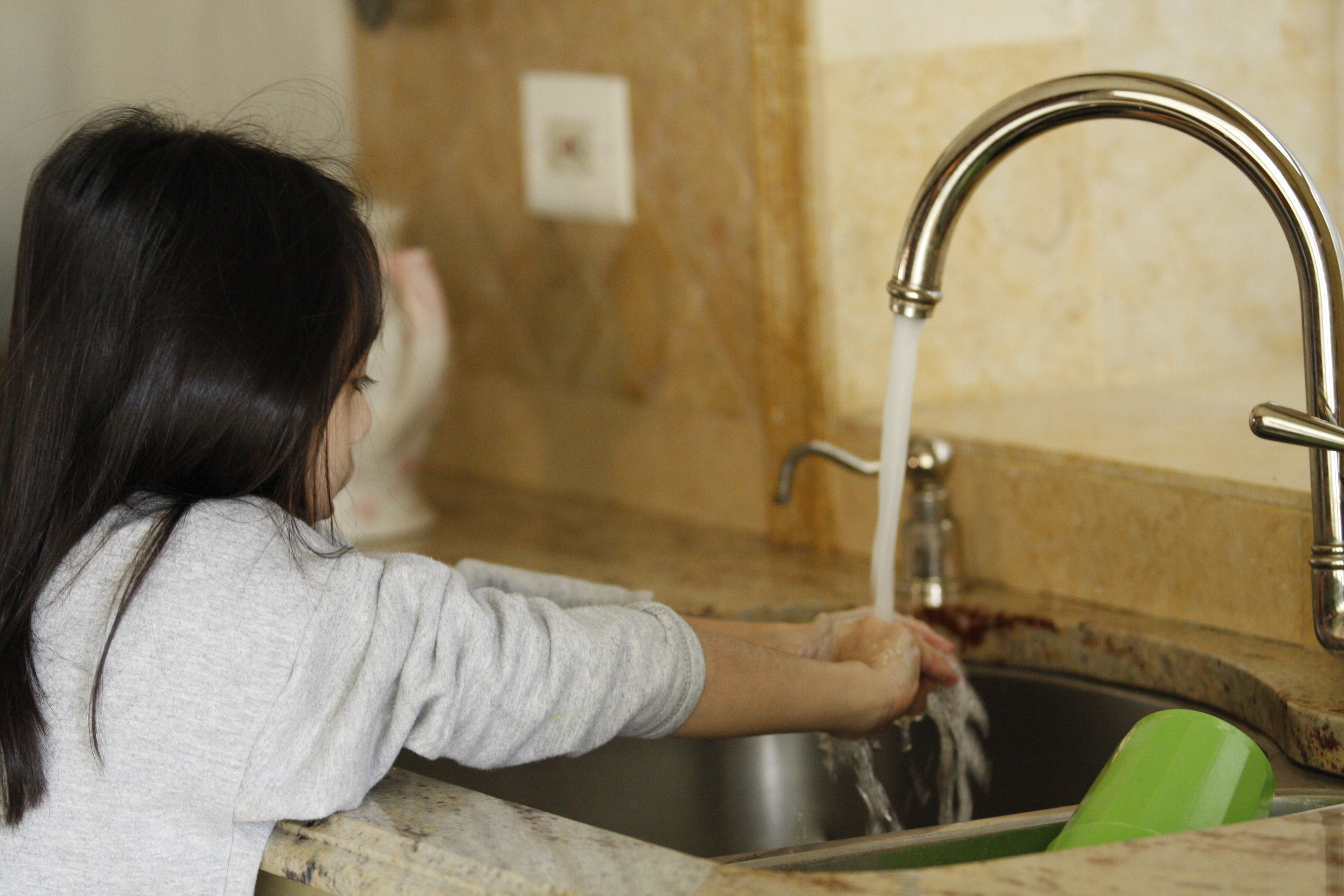Every surface on Earth is covered by millions of invisible germs. Every single second, we are exposed to numerous strains of harmful microorganisms that attempt to invade our bodies. Our skin is considered to be the most powerful protection against such attacks. However, this so-called impervious barrier may be just the avenue pathogenic bacteria exploit to enter our systems.
Rinse, lather, wash, and dry. This repetitive cycle of washing our hands is nothing more than muscle memory for most of us. Despite our tendency to overlook such actions as simply a part of daily life, there is widespread debate even among experts as to the most effective method of hand-washing.
Some say that only hot water can effectively kill most microbes on the hand, while others believe that cold water is a suitable substitute. Along with the disagreement on water temperature, the growing fear of increasing antibiotic resistance has sparked the rush to create better antimicrobial substances. Despite this push, corporations that produce antibacterial soaps have recently been under fire by government organizations, such as the FDA. Research conducted has suggested that soap agents such as triclosan used in such products do more harm than good for the body by impacting muscles, hormones, etc. Experimental trials on animals have shown that triclosan specifically throws off hormone secretions by the thyroid gland and disrupts the flexing of muscles throughout the body.
Image Source: Karin Smeds/Folio Images
In an effort to put these issues to rest, researchers from Rutgers University recently published a study investigating different variables of hand-washing. Some of these variables include wash time with soap, type of soap, water temperature, etc. Ten men and ten women participated in the study in several trials that measured the amount of E. coli that was killed under varied conditions based on the experimental factors listed above. Results of the study suggested that washing with soap for twenty seconds is the optimal period of time for killing the most bacteria on the hands compared to the control time of five seconds.
On the other hand, the researchers found that the use of antibacterial soap compared to other types of soap had little impact on the elimination of bacteria. These results coupled with the announcements by the FDA suggest that antibacterial products may be more of a marketing ploy rather than an effective alternative. Similarly, when it came to water temperature, the results from the different trials were fairly indistinguishable despite temperatures ranging from sixty to a hundred degrees Fahrenheit.
Although considered a mundane activity, hand-washing is a fundamental practice necessary for maintaining our universal health and well-being. Integrating these simple and easy-to-follow health tips in day-to-day life will allow you to live both happier and healthier.
Featured Image Source: Nick Nguyen










